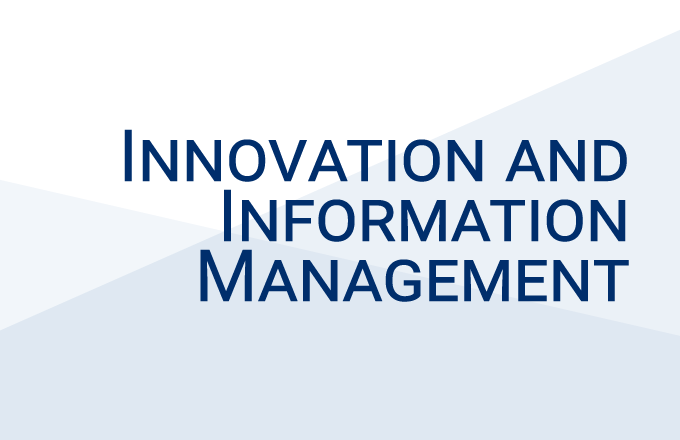Efficient Learning from Ambiguous Information
Prof. Ryota Iijima
Associate Professor of Economics
Yale University
We provide a systematic approach to compare different belief-updating rules under ambiguity, based on analyzing their performance in learning settings. We consider a decision-maker (DM) with maxmin expected utility preferences who observes many signals about an unknown state of the world, and then solves a decision problem based on her updated beliefs. Capturing signal ambiguity, the DM perceives a set of possible signal structures. A belief-updating rule maps sequences of signals to sets of posteriors about the state, and the DM chooses optimally based on her worst-case posterior.
We measure the learning efficiency of each updating rule by considering the DM’s induced worst-case expected payoff, evaluated from an ex-ante perspective. Thus, updating rules with higher learning efficiency can be viewed as displaying less dynamic inconsistency. We provide a simple characterization of the learning efficiency of each updating rule. This has the following main implications. First, in stationary environments (i.e., when signal draws are conditionally i.i.d.), we show that learning efficiency is maximal if (and, in a sense, only if) the DM uses maximum-likelihood updating; in contrast, the widely used full-Bayesian updating rule is generically (potentially highly) inefficient. Second, in non-stationary environments (i.e., when signal structures can vary over time), we show that learning efficiency is maximal if (and, in a sense, only if) the DM uses a maximum-likelihood updating rule that (mis)perceives the environment to be stationary.















